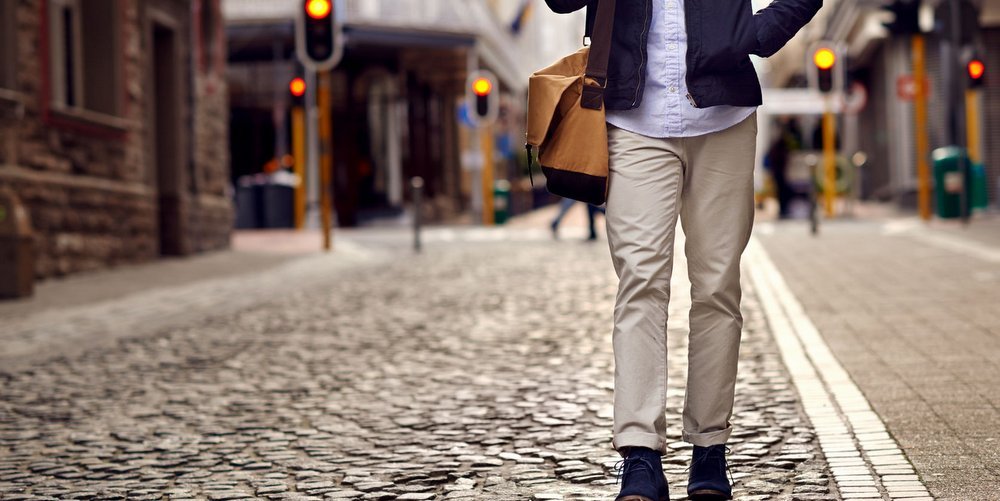How Not To Get Scammed When Travelling
When you’re travelling, it’s easy to get swept up in the moment visiting new places and to let your guard down when it comes to the safety of yourself, your belongings and your bank account. Unfortunately, scamming is rife all around the world, and thieves and scammers are just waiting for you to slip up so they can take advantage of the situation. Follow our simple tips to help to avoid being scammed when abroad.
Never leave your bags unattended
.... or stored underneath your seat on public transport. If you are seated on a bus or train, place your bag upon your knee or directly in front of your feet. If you are on a beach and want to go for a dip in the ocean, invest in a dry bag or waterproof pouch that you can place your belongings inside and take into the water with you.

Spread out your valuables.
Never place your passport, credit card, cash, phone and camera in the same bag or pocket. A common scam is for someone to bump into you and apologise whilst their partner is taking advantage of the distraction and pickpocketing you. If you keep your belongings in different pockets and this happens to you, at least you won’t lose everything. You should also avoid placing any valuables in your jeans pockets; opt for inside jacket pockets or concealed pockets inside a bag.
Shrug off assistance from strangers.
A common scam is for someone to ‘accidentally’ throw or drop a liquid, sauce or substance on your clothing, then for their partner in crime to approach you and offer to help clean it up. The aim of this scam is for you to remove your backpack, camera or jacket (presumable with valuables in the pockets), and one of the duo will steal your belongings as the other pretends to assist you. Smile and say thanks, but don’t stop to clean yourself up until you are in a safe and secure location.
If you see children begging, offer food instead of cash.
Often you will see malnourished children begging at the side of the road, perhaps selling flowers or carrying notes explaining their situation. More often than not, these children will be being used by organised gangs and will see none of the money that they collect for themselves. They are also sometimes used as distraction techniques whilst the gang members pickpocket you. Instead of reaching for your wallet, offer them a piece of fruit.
Never discuss bank details over the phone.
If you are staying in a hotel and receive a call supposedly from the front desk telling you that there has been a problem with your card, never continue the discussion and give out your card details over the phone. Inform the caller that you will go down to the reception yourself to solve the issue. It is likely that the call is in fact from outside the hotel, from someone trying to get hold of your bank details.
Avoid ordering from takeaway menus.
If you are staying in a hotel and find a pile of takeaway menus pushed underneath your door, be wary of ordering from them and stick to room service or local restaurants. A common scam is that you will phone to order food and give out your bank details, but you will never receive your order and the person on the other end of the phone now has your bank details and can make a large withdrawal from your account.
Pay with the correct change.
A common scam all over the world is to try and confuse you when counting out your change. The person you are dealing with (which could be on public transport, in a restaurant or when purchasing a souvenir) will count out your change slowly until you become impatient and take it without waiting for them to finish, or may begin a confusing procedure of counting too quickly, stopping and starting, or asking you to pass cash back and forth as they don’t have the correct change.
Don’t hand over your camera to a stranger.
This seems quite obvious, but it is easy to get caught up in the moment when you would like a photograph taken with your travel companions. A friendly local sees you taking photographs of each other and offers to take one of the two of you together. You hand over your camera, walk over to your friend and get ready to pose, and the person holding your camera bolts.
Emma Lavelle is a UK based writer and photographer and has her own blog Field and Nest.















